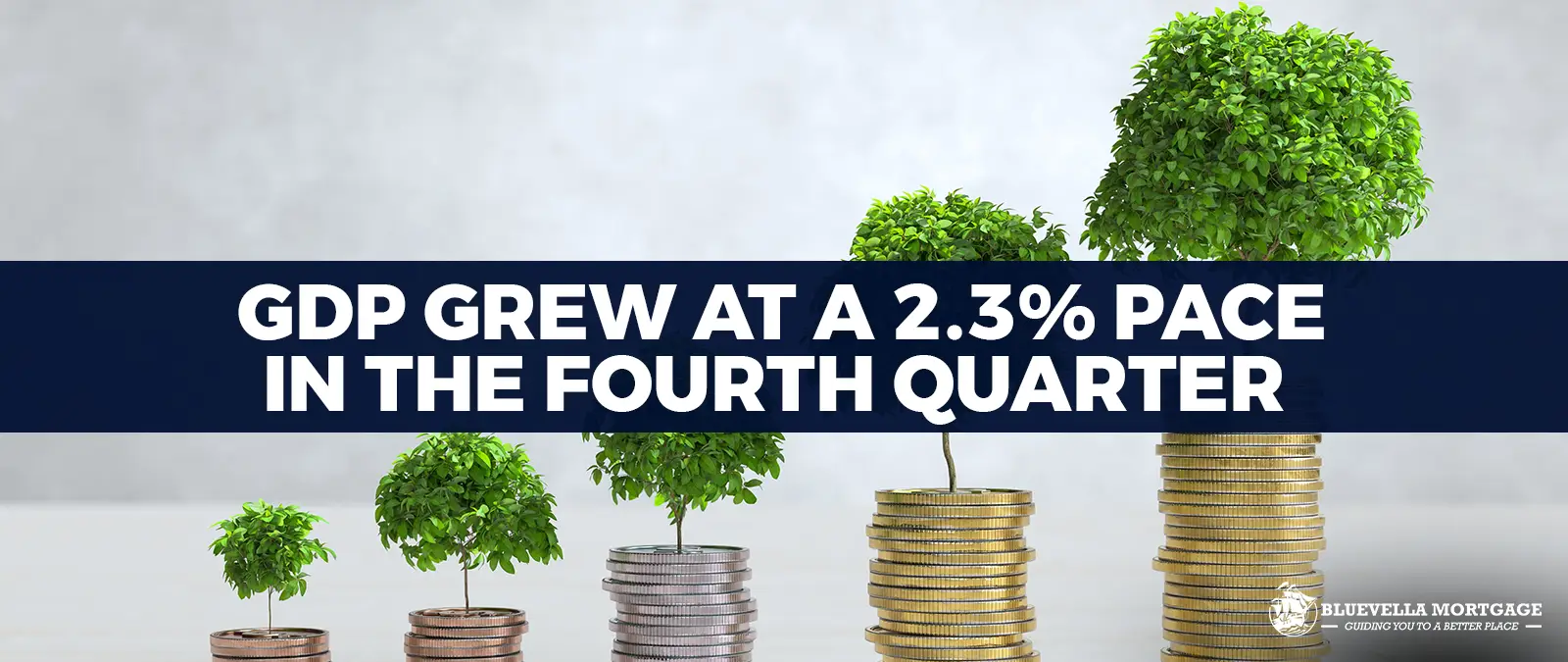Understanding the Shift: How AI is Transforming the Mortgage Process
The mortgage process has undergone significant changes in the last decade, transitioning from traditional methods to a more technologically advanced approach. In the past, securing a mortgage involved cumbersome procedures filled with extensive paperwork, lengthy processing times, and often confusing guidelines. Prospective homebuyers frequently faced challenges, such as the complexity of mortgage terms, the burden of documentation, and the anxiety associated with waiting for approvals. These traditional hurdles could lead to delays in purchasing homes, ultimately discouraging many potential buyers.
However, the emergence of artificial intelligence in the mortgage sector is fundamentally transforming this process. AI technologies have introduced automation and analytics that streamline various stages of mortgage applications. This innovative approach not only reduces the time spent on processing but also enhances overall efficiency. With AI, lenders can analyze vast amounts of data in real time, enabling them to make informed decisions much quicker than was previously possible. The integration of AI allows for faster approvals, minimizing the waiting period for eager homebuyers.
Moreover, AI enhances the customer experience by offering personalized loan options tailored to individual needs. By utilizing algorithms that assess a buyer’s financial history and preferences, lenders can present customized mortgage solutions that align perfectly with the buyer’s financial situations. This level of personalization significantly improves the user experience, making it simpler and more engaging for buyers to navigate the mortgage landscape.
In addition to expediting approvals and personalizing options, AI-driven platforms are also enhancing customer service. With chatbots and virtual assistants powered by artificial intelligence, borrowers can receive instant responses to their inquiries, easing the stress of the mortgage journey. Through this technological revolution, AI is not merely a supplementary tool but a transformative force reshaping the way buyers approach mortgages, making the entire process both efficient and user-friendly.
Also read: Home prices rise in nearly 90% of metros
The Data Behind the Numbers: Statistics on AI Adoption in Mortgage Lending
Recent trends have shown a significant shift in consumer behavior regarding the mortgage process, with 1 in 3 buyers now relying on artificial intelligence technologies. This statistic reflects a growing acceptance of AI-driven solutions in an industry traditionally dominated by manual processes. According to a survey conducted by the National Association of Realtors, approximately 34% of homebuyers indicated that they would prefer AI tools to aid in navigating their mortgage options. This statistic not only highlights the increasing trust in technology but also underscores the efficiency gains that AI can provide.
Additionally, a report from McKinsey & Company revealed that the use of artificial intelligence in mortgage lending could reduce processing times by up to 50%, making the experience smoother for consumers. This substantial time-saving aligns with the preferences of younger homebuyers, particularly millennials and Gen Z, who account for a significant portion of mortgage applicants. This demographic has shown a preference for digital solutions, with nearly 50% expressing an eagerness to utilize AI tools in the lending process.
Moreover, research from Fannie Mae emphasizes that consumers between the ages of 25 and 40 are more likely to engage with AI technologies during the mortgage application process. This aligns with broader industry trends where younger generations are increasingly turning to tech-driven solutions for various services, including financial transactions. The ability of AI to provide quick responses and tailored advice resonates particularly well with these tech-savvy consumers.
In examining the broader market landscape, it’s evident that artificial intelligence adoption in mortgage lending is not merely a passing trend but a transformative shift. Institutions leveraging AI stand to enhance customer satisfaction by meeting the evolving expectations of these modern buyers. Ultimately, the statistics surrounding artificial intelligence adoption signify not just a change in tools but a fundamental evolution in consumer behavior and the mortgage landscape.
Benefits of Using AI in the Mortgage Process
The integration of artificial intelligence into the mortgage process offers significant advantages for both buyers and lenders, fundamentally altering the way transactions are conducted. One of the most notable benefits is increased efficiency. AI systems can process vast amounts of data at unprecedented speeds, allowing lenders to complete tasks such as application reviews and approval decisions much faster than traditional methods. This expedited service is particularly beneficial for buyers seeking a swift transaction, especially in competitive real estate markets.
Another crucial advantage of utilizing artificial intelligence in the mortgage process is the reduction of human error. Automated systems are designed to perform calculations and analyzes with high precision, mitigating the risk of mistakes that can occur due to fatigue or oversight by human employees. This reliability not only enhances the overall quality of the mortgage services provided, but also builds trust with clients who expect accuracy in financial transactions.
Furthermore, AI enhances the accuracy of risk assessment by analyzing extensive datasets to provide insight into borrower behavior and market trends. This capability allows lenders to make more informed decisions regarding creditworthiness and loan offerings. By leveraging artificial intelligence technologies, lenders can identify potential risks associated with a loan more effectively, thus ensuring that they focus on applicants likely to meet financial obligations.
Lastly, AI streamlines workflows by automating repetitive tasks, freeing up loan officers to focus on personalized customer service and complex problem-solving. This shift not only enhances employee satisfaction but also leads to improved customer experiences, as buyers feel their needs are being addressed more effectively. Overall, the utilization of artificial intelligence in the mortgage process presents a myriad of benefits that enhance service efficiency, accuracy, and client satisfaction.
Looking Ahead: The Future of AI in Mortgage Lending
The future of artificial intelligence in the mortgage lending sector appears promising and multifaceted, as emerging technologies are set to transform the landscape in significant ways. One notable trend is the increasing use of machine learning algorithms that can analyze vast amounts of market data to identify patterns. This capability allows lenders to make more informed decisions regarding risk assessment and pricing strategies, potentially leading to more favorable terms for borrowers.
Moreover, the integration of blockchain technology is poised to enhance security and transparency within the mortgage process. By providing a decentralized ledger, blockchain can streamline transactions, reduce fraudulent activities, and safeguard sensitive information. As lenders adopt these advanced methodologies, they could foster greater trust between parties involved, ultimately benefiting both borrowers and lenders.
As we look further into the future, artificial intelligence advancements are expected to produce even more personalized mortgage solutions. Algorithms capable of processing user data will enable lenders to create custom offers tailored to individual borrowing profiles, making the process more accessible and user-friendly. This personalization will not only improve customer satisfaction but could also increase overall efficiency in the mortgage industry.
Furthermore, automation of routine tasks through artificial intelligence will likely reduce administrative burdens and speed up processing times, allowing lenders to focus more on customer engagement and less on manual workflows. As these technologies evolve, the mortgage industry’s landscape will continue to adapt to modern consumer expectations, paving the way for a more dynamic and responsive lending environment.
Overall, the trajectory of artificial intelligence in mortgage lending holds significant potential for reshaping how buyers interact with financial institutions. As we continue to embrace technological innovations, the borrowing experience is set to become increasingly streamlined, transparent, and personalized.
Source: AI Muscles Into Homebuying




